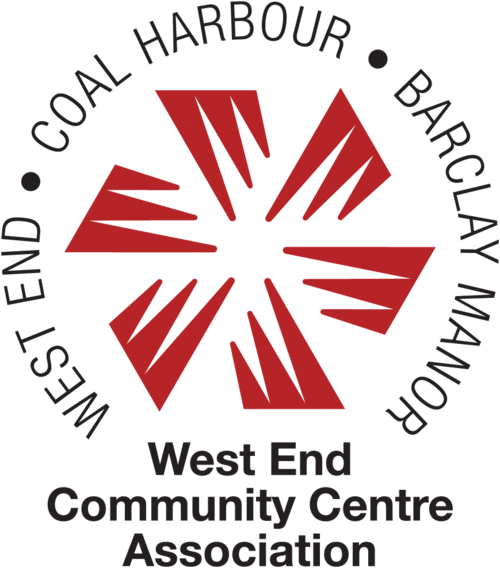WEST END VOICES
/Adriane Carr
TIRED OF THE NOISE AND POLLUTION?
Motion Passes To Curb Landscaping Emissions
by Adriane Carr
Vancouver City Councillor & West End Resident
Today I am a very happy Vancouver City Councillor. A few hours before I opened my computer to finish this Op-Ed for The West End Journal, Council unanimously passed my motion, “Pursuing Emissions-Free Landscaping Equipment in the City of Vancouver.”
I love living in our leafy green West End. We’re lucky to live here for many reasons. One of them is that this is the only neighborhood in all of Vancouver where gas-powered leaf blowers are banned. That’s due to a 2004 motion by former Councillor Tim Stevenson, who was, according to a CBC news story at the time, motivated by complaints that the noise of the two-stroke engines was particularly bad because it reverberated off the West End’s highrise buildings.
City-wide, however, others aren’t so lucky. Especially now that summer has arrived, the noise of leaf blowers and other gas-powered landscaping equipment has become impossible to ignore. Their engines produce noise levels varying from 75 to 110 decibels--above the 85 decibels that the provincial government deems harmful. Although leaf blowers have been banned in our West End, other types of gas-powered landscaping equipment, including lawnmowers, hedge trimmers, edgers, and chainsaws, are still allowed.
Noise is a big issue for most people. But the two-stroke engines require burning a mix of oil and gas, which is particularly bad for air quality. According to research from the California Air Resources Board, one hour of operation of a commercial gas-powered leaf blower can emit as much pollution in the form of particulates (like soot), reactive organic gases, and nitrogen oxides (which create ozone) as driving approximately 1,770 kilometers in a new passenger vehicle. These pollutants are really harmful to anybody with respiratory illnesses, children and seniors.
The burning of oil and gas, as everyone knows, is also the major culprit in global warming. I believe we must do everything in our power to reduce GHG emissions in order to avoid the otherwise catastrophic impacts of climate change. The key solution is rapidly transitioning away from the use of fossil fuels to carbon-free alternatives like battery-run vehicles and equipment.
Many jurisdictions have banned or are considering phasing out and banning gasoline two-stroke engines including Toronto Ontario, Oak Bay British Columbia, and Oakland, Berkley, Los Angeles California.
My Green colleagues on Park Board and School Board have already taken action to phase out fossil-fuel-powered landscaping equipment and transition to emissions-free alternatives. In 2019 the Park Board passed Green Commissioner Dave Demers’ resolution “Renewal Strategy for Landscape Equipment – Towards an Emission-Free Reality”. By December 2020, 33 percent of all Park Board equipment was zero-emission a full transition is expected to be completed by the end of 2024.
Green Vancouver School Board Trustee Estrellita Gonzalez also introduced a motion “Renewal Strategy for Emission-free Landscape Equipment”, which passed in April, 2019. It directed School Board staff to develop a transition plan to replace gas-powered landscape maintenance equipment with emission-free equivalents or quasi-equivalents where possible. This has truly been a collaborative effort at all levels.
The noise, the pollution from landscaping machines (and it’s not just leaf-blowers) — an end to it all is in sight.
This month I brought forward a motion to begin the process of phasing out the use of this loud, high-polluting landscape equipment city-wide. It was unanimously passed by Council on June 24, and does two things: affirms the goal of pursuing emissions-free landscaping equipment in the City of Vancouver by 2025, and directs staff to provide input into Metro Vancouver’s Clean Air Plan, urging Metro Vancouver to develop stringent emission regulations and requirements for landscaping equipment.
It’s super important to get Metro Vancouver to act on this issue. Unique among local governments in Canada, our Metro Van regional government has the authority and responsibility to regulate and protect air quality.
Because Council enacted a moratorium until the end of 2021 on any new workload for staff involved in permitting and licensing to help them catch up with a big backlog of work, a Council motion directing staff to develop a plan to phase out and ban fossil fuel landscaping equipment will have to wait until 2022. Happily, Councillors Kirby-Yung and Boyle just gave notice of motion for the first Council meeting in January to start this needed, detailed work. I am willing to work collaboratively with them towards protecting the interests of both the public and our planet.









